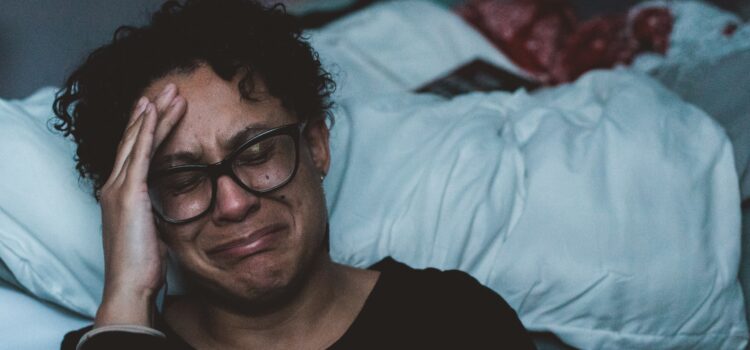
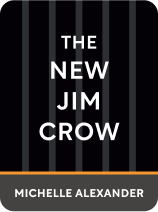
This article is an excerpt from the Shortform summary of "The New Jim Crow" by Michelle Alexander. Shortform has the world's best summaries of books you should be reading.
Like this article? Sign up for a free trial here .
What are the psychological effects of jail? What are the other effects of incarceration?
The psychological effects of jail are often overlooked, but include shame and stigma that can keep ex-offenders from moving forward. Combined with the other effects of incarceration, it is hard to break the cycle.
Read on to understand the effects of incarceration, including the psychological effects of jail.
The Psychological Effects of Jail
Ex-offenders may never escape the prison label, face social exile, and feel constantly like the system is weighed against them. This can weigh on them and eventually deplete all hope which is how the psychological effects of jail harm people.
Young black people may be told “you’ll amount to nothing, just like your father,” which implies a deep inherited weakness. “If nothing is expected of a people, that people will find it difficult to contradict that expectation.”
To avoid shame, people affected by incarceration (eg family members) stay silent, avoiding social discussion. Thus they underestimate the extent of incarceration, deepen the isolation of ex-offenders, and limit healing and mobilization of social action.
Naturally, ex-offenders may seek those who understand them – other criminals – and join gangs. The psychological effects of jail turn into a cycle of criminal activity.
Yet if black people really feel shame, why is gangsta culture celebrated?
- Alexander argues that when people feel hopelessly stigmatized, they embrace the identity as the only viable route to self-esteem. Like “black is beautiful,” this neutralizes the sting and neutralizes the pain. It is a similar effort to neutralize the psychological effects of jail.
- This is an act of rebellion. “I’m seen as a criminal…so I’m gonna treat you like I am one. I’m gonna make you shake.”
- In popular media, gangsta life is celebrated by black people partially because they’re excited to see their own on TV. Unfortunately, it perpetuates racial stereotypes for both black and non-black viewers. Draw an analogy to black minstrel shows.
- Unfortunately, unlike “black is beautiful,” celebrating criminality is self-defeating and perpetuates a disadvantaged position.
Other Effects of Incarceration
Criminals are already disadvantaged in finding employment, with most dropping out of high school and being illiterate. The challenge of finding work exacerbates the psychological effects of jail.
40 states require parolees to maintain employment or possibly be sent back to prison. But almost all states allow private employers to discriminate on past criminal convictions or arrests. Licensing for some professions prohibits felons.
The professions that are less customer facing and most willing to hire felons – construction, manufacturing – are disappearing due to outsourcing.
Felons may have their driver’s licenses expired or suspended, which exacerbates the job search and depletes the number of reasonably accessible jobs. They might spend more money getting to work than they earn.
Over 33% of young black men in the US are unemployed; 65% of young black male dropouts are unemployed.
- Keep in mind poverty and unemployment statistics usually don’t include incarcerated people, so the true jobless rates may be underestimating by 20%.
Ironically, activism to remove questions about criminal history from job applications may backfire. Without this explicit information, employers may discriminate against non-criminal black people using proxies for criminality, like receipt of public assistance, gaps in work history – or effectively treat all black men as though they have criminal records.
Nearly all states prohibit felons from voting while incarcerated. Most states withhold right to vote to parolees. In 9 states, ex-felons must apply to have voting rights restored, typically after they pay all fines.
- In contrast, half of Europe allow all prisoners to vote.
Furthermore, ex-offenders may be reluctant to vote because of fear of attracting attention with the government.
Others are told by parole officers that they’re not allowed to vote.
Naturally, many ex-felons never regain the right to vote.
- Theoretically, these votes may have influenced very close elections.
Insidiously, new prisons occur in mostly white, rural areas, which benefit from inflated population totals and thus representation in state government.

———End of Preview———
Like what you just read? Read the rest of the world's best summary of Michelle Alexander's "The New Jim Crow" at Shortform .
Here's what you'll find in our full The New Jim Crow summary :
- How the US prison population increased 10x in 30 years because of harsh drug policies
- How being "tough on crime" was deeply motivated in discrimination against black people
- Why being convicted for a crime is essentially a life sentence of poverty and return to prison

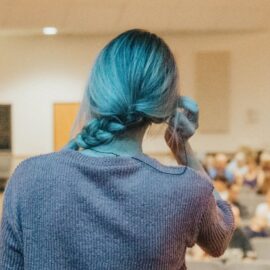
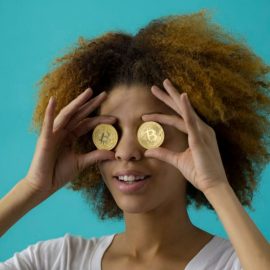

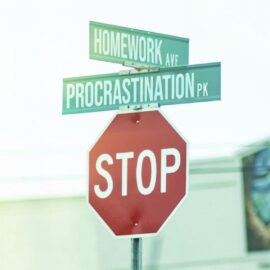

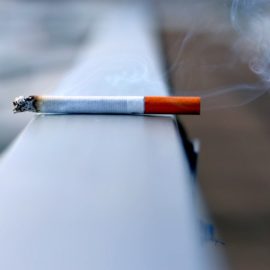
I hope this blog will be an eye-opener for everyone. If we avoid making mistakes or crimes, we are never put in a challenging situation like putting in jail or prison. But being a prisoner doesn’t mean you have no right to a second chance. Let ex-offenders have a normal life so they may not think to do wrong again. I pray that all prisoners who have mental illness will get some inspiration to continue their lives and be better.
Jail psychologically affects anyone, but all our actions have consequences, so we need always do what is right.